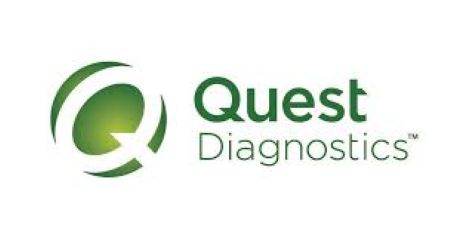Quest Diagnostics’ blood-based test panels demonstrate confirmatory accuracy, potentially reducing the need for PET imaging

A new study published in Neurology Clinical Practice, the journal of the American Academy of Neurology, has shown that two blood tests developed by Quest Diagnostics deliver high accuracy in identifying Alzheimer’s disease pathology among symptomatic patients. The findings suggest that these tests could serve as reliable diagnostic tools, reducing the reliance on more invasive or costly procedures such as amyloid PET imaging or cerebrospinal fluid (CSF) testing.
Conducted in collaboration with the Florida Alzheimer’s Disease Research Center (ADRC) at the University of Florida, the study demonstrated that both blood-based test panels—part of Quest’s AD-Detect portfolio—achieved 91per cent sensitivity and 91 per cent specificity in detecting Alzheimer’s disease pathology. These results meet the performance standards recommended by the Alzheimer’s Association (AA) and the Global CEO Initiative on Alzheimer’s Disease (CEOi) for confirmatory blood biomarker testing.
“This study demonstrates that scalable blood-based testing can meet rigorous standards for establishing Alzheimer’s disease pathology, supporting diagnosis and improving patient care,” said Michael Racke, MD, Senior Medical Director of Neurology at Quest Diagnostics. “Importantly, our analysis shows that these tests can deliver a low indeterminate rate—as low as 10 per cent —allowing physicians and patients to make confident, informed decisions in clinical settings.”
Quest employs proprietary tandem mass spectrometry techniques to measure Aβ 42/40 and ApoE4 proteotype, while p-tau217 is assessed using a third-party immunoassay. The Quest AD-Detect tests are intended for use by physicians evaluating patients who present with symptoms of cognitive impairment or suspected Alzheimer’s disease.
These results, first presented at the American Academy of Neurology (AAN) Annual Meeting in San Diego in April 2025, highlight a significant step toward more accessible and scalable Alzheimer’s diagnostics. With nearly 7 million Americans currently living with Alzheimer’s disease—a number projected to double by 2060—accurate, non-invasive testing solutions could transform early detection and care.
According to a recent Quest Diagnostics report, 94 per cent of physicians believe that blood tests offer a more cost-effective and patient-friendly alternative to traditional methods such as CSF lumbar punctures and PET scans.
By advancing blood-based biomarker technology, Quest Diagnostics is helping redefine Alzheimer’s diagnosis and supporting clinicians in delivering timely, effective care for patients and families affected by the disease.

Subscribe To Our Newsletter & Stay Updated